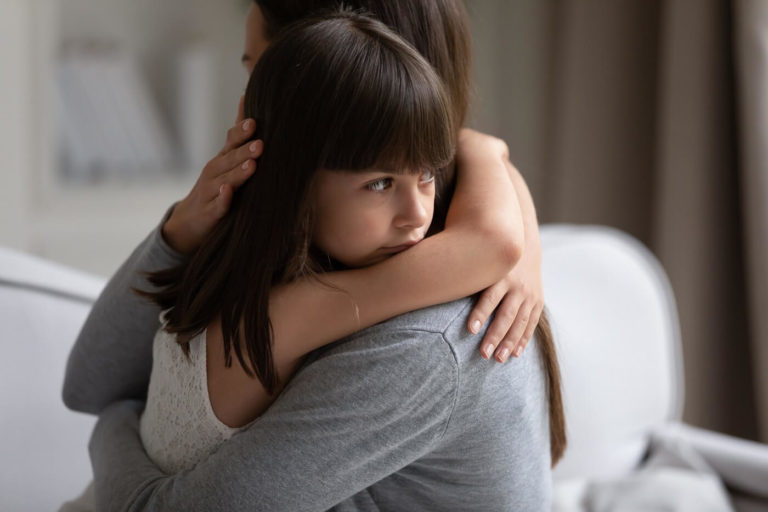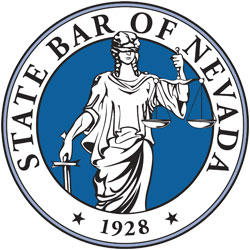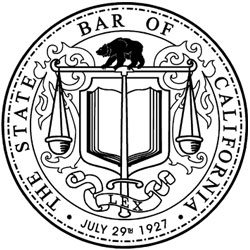Sole Child Custody
by Admin | Child Support

The Granting of Sole Custody of a Child
When sole custody is granted to anyone parent, it gives that parent autonomous and exclusive authority in making any decision that pertains to the life of that child. This parent then has both physical and legal custody of the child and has the sole and full responsibility for the well being of the child, and the care that is needed by the child on a day to day basis. Legal custody and physical custody can be distinguished from each other, but when sole custody is granted, both of these types of custody are included.
Granting Sole Custody
A parent that has complete custody of the child, both legal and physical, is required to be responsible for making all decisions, major or minor:
– Physical, emotional, and psychological health
– Schooling and education
– Choice of religion
– When and if the other parent is allowed to see the child
Judges give serious thought and consideration before granting sole legal custody. It is only granted in situations that are considered serious like repeated acts of domestic violence, abduction of a child, a parent becoming a danger to the child, being absent as a parent, incommunicative parents, or those that are in prison as what being stated in NRS 125C.0035.
Sole Legal Custody – Pros
– One parent is authorized to make all decisions independently
– No need to confer with the other parent
– No need for one parent having to compromise with the other
– One parent may not need the help of the other for raising the child as he or she is suited to doing so, without the presence or assistance from the other parent
Sole Legal Custody – Cons
– One parent has to assume the serious responsibility for making all decisions
– One parent may have problems with scheduling and work that limits the time required for caring for the child
– One parent has to take responsibility for all financial expenses if the other parent is not present and depending on their income, this can be a serious burden
Period for Granting of Sole Legal Custody
As a general rule, a parent has sole physical and legal custody of the child until the child is 18 years, or until the parent asks the court to modify the existing order. Some judges, who decide on custody, will award sole custody, but require checks at periodic intervals on the status and also look at the restoration of visitation rights for the other parent. This can be the case when a parent loses custody due to financial hardship or an addiction to drugs.
Joint Custody and Its Difference from Sole Custody
When joint legal and physical custody is granted to both parents, they will share time with the child equally, and also be responsible jointly for making any decisions that are important to the child’s life. The presumption here is that during the joint custody, the parents will be able to communicate amicably and cooperate to form decisions that are positive and in the child’s best interest. Compared to this, in cases of sole custody, it is only one parent that has to make the decisions without consulting the other parent.
To know more about joint legal custody you may read to NRS 125C.002.
The best interests of a child are served by joint custody, as it is presumed that the child can develop and form relationships with both parents that are supportive and loving, and do so in the long run. In effect, as a contrast, sole custody often means that the child has only one parent.
Physical Custody – What Does It Mean?
This custody refers to where the child is resident and the time that the child lives with either parent. As per NRS 125A.145, “physical custody” refers to the physical supervision and care of the child. In Nevada custody laws, there are three types of physical custody.
– Sole physical custody: The child takes up residence permanently and exclusively with one parent while the other parent is excluded.
– Primary physical custody: A child stays with a parent for more than 60% of the time.
– Joint physical custody: The child stays with each parent for at least 40% of the time
The majority of cases result in both parents being granted joint legal and physical custody.
Sole Custody – Factors Considered By the Court
The best interests of the child are the only things considered by a court in matters of custody. Factors looked at by the court for Sole Custody or Primary Physical Custody are the same. These are stated in NRS 125.480 for considerations by a court but are not limited to them. These are:
(a) What the child wishes, if the child is of sufficient age and has the capacity to form a preference intelligently, as to its custody.
(b) The parent that is more amenable for the child to have a continuing relationship and frequent association with the parent who does not have custody.
(c) Conflict level between the parents.
(d) Whether the parents are able to cooperate so that the needs of the child can be met.
(e) Parent’s health, both physically and mentally.
(f) The needs of the child – emotional, developmental, and physical.
(g) The nature of the relationship that each parent has with the child.
(h) How the child can maintain relationships with any other sibling.
(i) Any history of parental neglect or abuse of the child or any of its siblings.
For more information on how https://www.hugginslawoffice.com/ can help you with Sole Child Custody, please contact us at (702) 387-4014, or visit us here:
Huggins Law Office
8683 West Sahara Avenue #180 Las Vegas, NV 89117
(702) 387-4014






